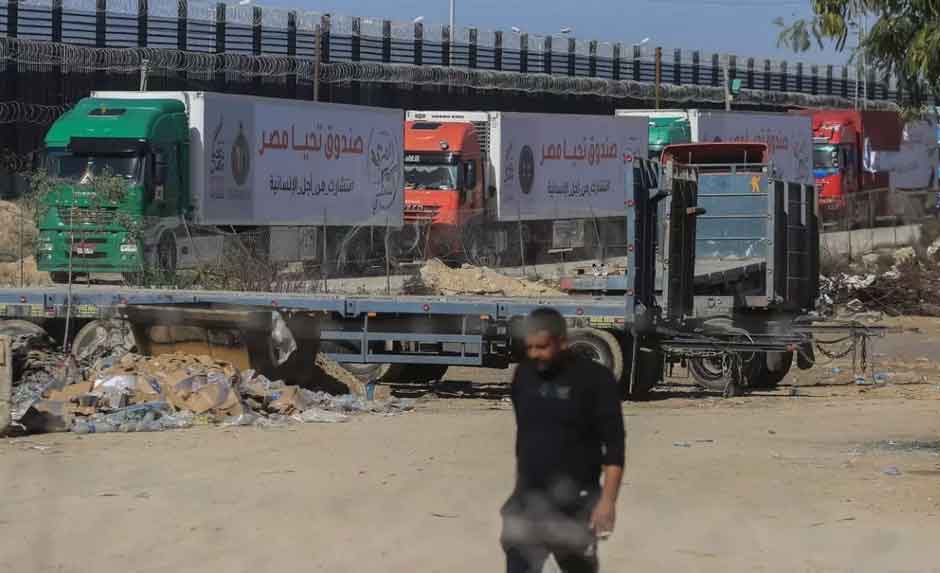Trucks carrying relief supplies continued to pour into the Strip through the Rafah crossing from Egypt although UN agencies stressed the need to clear as many points as possible after devastating days of Israeli bombardment.
“We hope the agreement will bring some respite to the people of Gaza and Israel and some relief to the hostages and detainees who will be released, and to their families,” said UN Office for the Coordination of Humanitarian Affairs (OCHA) spokesman Jens Laerke from Geneva.
Humanitarian workers hope that the pause will be respected, that people in need will be allowed to be reached and that in the long term it will be extended into a genuine humanitarian ceasefire, he added.
During the first hours of the four-day pause, Laerke described the situation as volatile and intense, acknowledging that ‘the aid channel is quite long and parts of it – much of it in fact – are out of our control and have to do with the verification of deliveries’. The spokesman further stressed the pressing need to access northern Gaza where the damage and humanitarian needs are greatest.
That area has long been cut off from the south of the enclave and from aid by Israeli military operations.
ef/abo/ebr










